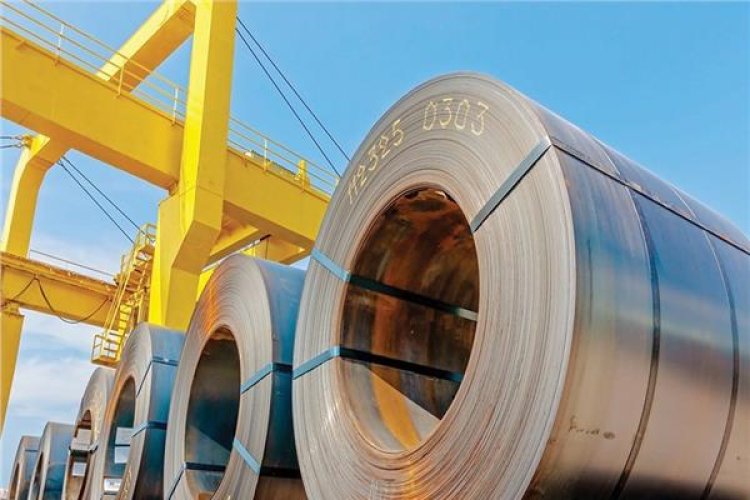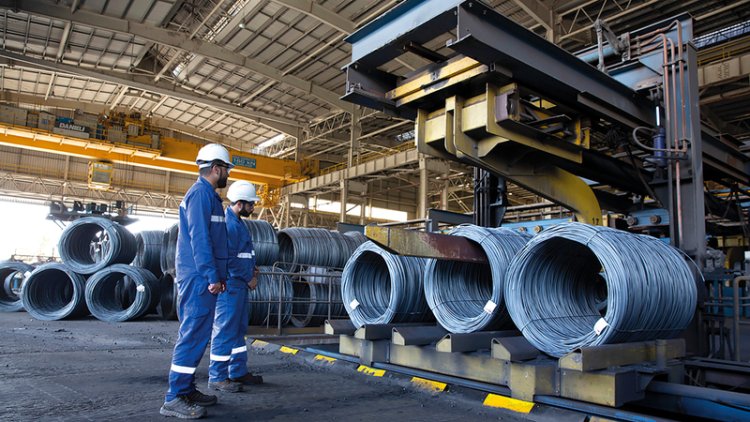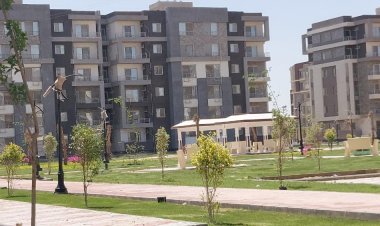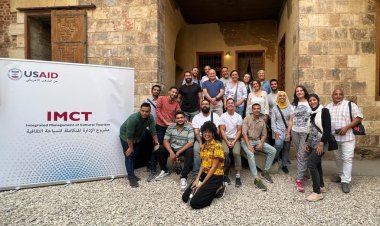Challenges of Industry Localization .. ways to confront it

Today, the discussion sessions on the economic axis of the national dialogue began under the title “Challenges of Industry Localization”. The Private Investment Committee discussed “Domestic and Foreign Investment between Reality, Opportunities and Challenges”.
These are the most important recommendations made by the committee:
- Draw an investment map for Egypt Clear investment incentives
- Developing a framework for investment in Egypt to activate the role of the Dispute Settlement Committee
- Stimulating the industry and paying attention to the national investor
- State sectors need more incentives Developing the industrial infrastructure
- Selection of competencies

- Expanding the establishment of industrial complexes Issuing a digital platform for companies
- Developing the green economy and paying attention to sustainable financing Follow up on the details of young investors
- Governance of the state's communication channels with the outside world Expansion of new and renewable energy
- Concluding international agreements to export Egyptian competencies
- Allowing the exploitation of foreign expertise
- Encouraging small capital
- Setting priorities in light of the current economic conditions
- The need to reduce imports
- Supporting the manufacture of internal components and providing various incentives to manufacturers
- Setting a vision for the development of the current investment sector and providing investment incentives
- The necessity of merging the non-parallel economy with the development of special controls and the amendment of the tax system
- The need for an economic court to adjudicate economic cases urgently
- Interest in artificial intelligence and technology
- Establishing sustainable industrial societies and encouraging Egyptian investments abroad

In related context, Hossam Haiba, head of the General Authority for Investment, said that the Egyptian economy has a magnet that attracts foreign capital.
During its meeting last Tuesday, chaired by Egyptian President Abdel Fattah El-Sisi, the Supreme Investment Council approved 22 decisions in various economic sectors and fields, aimed at achieving a quantum leap and improving the investment environment.
The Council is considered the highest authority concerned with investment affairs in Egypt, headed by the President of the Republic, with membership of the Prime Minister, the Minister of Defense and Military Production, the Governor of the Central Bank, a number of ministers, the head of the General Intelligence Service, heads of a number of economic and investment agencies, and the Executive Director of the Egypt Fund.
Egypt issued a set of decisions to attract and encourage investors, through achieving a real breakthrough in attracting, encouraging and promoting domestic and foreign investment, eliminating bureaucratic obstacles, and overcoming various challenges facing increasing private sector investment, with the aim of building a diversified production base and achieving comprehensive economic development.

The decisions included unprecedented incentives and facilities in order to create an attractive climate for investments in various sectors, including:
• Reducing the cost of establishing companies.
• Reducing restrictions on incorporation.
• Facilitate land acquisition.
• Enhancing governance, transparency and impartiality in the Egyptian market.
• Facilitating the import of production requirements and allowing the foreign investor to be registered in the importers register.
• Reducing the financial and tax burdens on investors.
The investment community, industry and trade in the private sector, and local economists appreciated the new decisions, describing them as historic, decisive and bold, which would bring about a quantum leap in the local investment environment and send messages of encouragement to investors at home and abroad.


 Shrouq
Shrouq 












